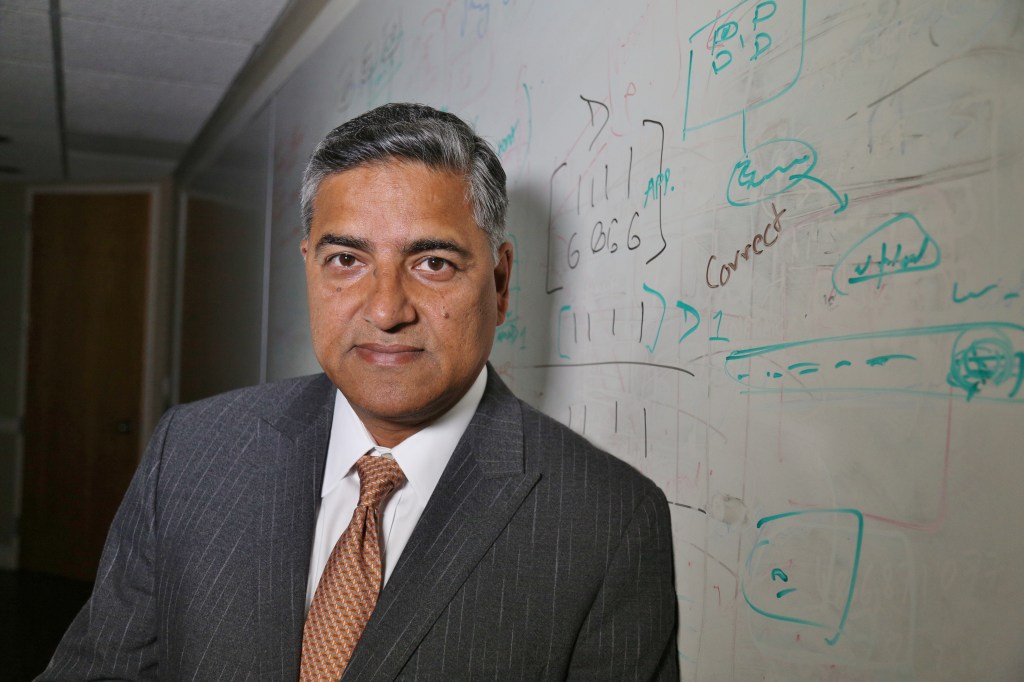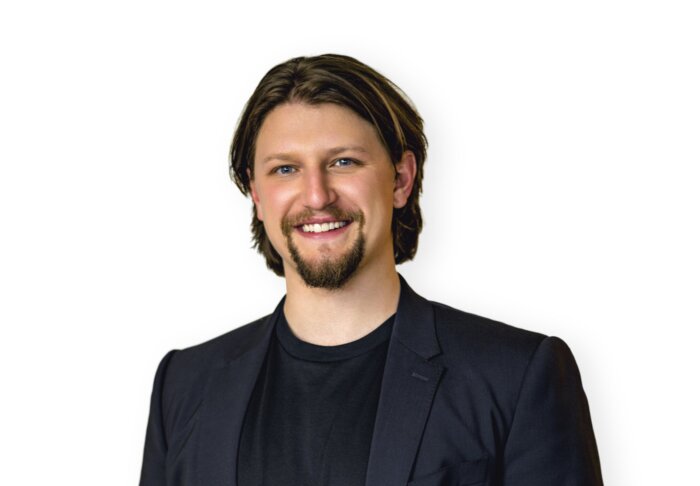Born in New Delhi, Anil Kapoor studied accounting and worked at a
regional accounting firm and at several companies in India before
emigrating to the United States in 1994, where he and three friends
started Svam International. The Great Neck-based firm is a global IT and
business-services provider. As president and CEO, Anil oversees
worldwide operations including sales, marketing, development, finance
and professional services. Contributing editor Warren Strugatch caught
up with Kapoor to discuss his management philosophy, the difficulty of
finding employees locally, and what exactly the name Svam means.
Long Island Press: You started out as an accountant in India. How did
you transition into CEO of a Long Island tech services firm?
Anil Kapoor: I worked for a few different companies in India and the
States. The times were great and opportunities were great so I took an
opportunistic approach. I was hanging out in India with a bunch of friends
who I grew up with. I said, why don’t we take a plunge and start a tech
company?
LIP: How’d you come up with the name Svam? What does it mean?
AK: It’s made from the first letter of each of our names, the four of us who
founded the company.
LIP: How did you gain credibility for your tech company without having a
tech background yourself?
AK: I went to tech events and met people. Comdex (a once popular
computer expo that folded in 2003) was a very good place to meet people.
LIP: So, who did you meet?
AK: I met some guys from Litton Industries, which became an anchor
client.
LIP: Your co-founders are gone, but you’ve stayed on as leader. What does
leadership mean to you?
AK: As a leader you are responsible for creating conditions of success. I
surround myself with smart people, who at the same time time have to be
self-motivated. I give them responsibilities and let them run with it.
LIP: How accessible do you make yourself?
AK: We have an informal environment. Everybody is authorized to walk into my office and say, “This is what’s going on.” Plus I meet with my direct reports several times a day, whether in person or through technology. We’re in India, we’re in Mexico, so it’s 24/7. We text, we phone. I tell people, “Don’t hold back regardless of the time of day.”
LIP: Every business faces a crisis eventually. What would you describe as your biggest crisis and how did you handle it?
AK: By the year 2000 we had built up a work force of around 300 people. Then Y2K came to an end and we had the tragedy of 9-11. We were as low as 68 people in 2001.Things fell apart as a house of cards. Of course people were worried about losing their jobs. That transformed my thinking.
LIP: How so?
AK: I realized we had come as far as we had because of our team, the core
group of about 10 people in the company. I realized I had a different level of
responsibility to them. If they are happy, the company performance is
different. Even though we had people idle for lack of work, I don’t recall
firing anybody for that. I did fire some people because of unethical behavior
or other issues.
LIP: How did this change your management philosophy?
AK: We switched from client-first to employee-first. If employees feel
welcome and challenged they will strive to excel, therefore providing
compelling client service.
LIP: Now, how many employees do you have?
AK: Globally we have between 625 and 650.
LIP: When you hire, where do you look? And what traits do you look for?
AK: We look all over for employees. Locally, I cannot find that many
qualified resources on Long Island. It’s not the available guy you want, it’s
the qualified guy. And it’s more difficult to get people to come from other
countries now. One reason is immigration reforms. Another is that people
can probably make more money in their own countries in terms of spending
power. In terms of personal traits, I like to hire people who are good at sports, who
are athletes. The sport doesn’t matter. I look for people like that who are
self-motivated and self-disciplined.




























